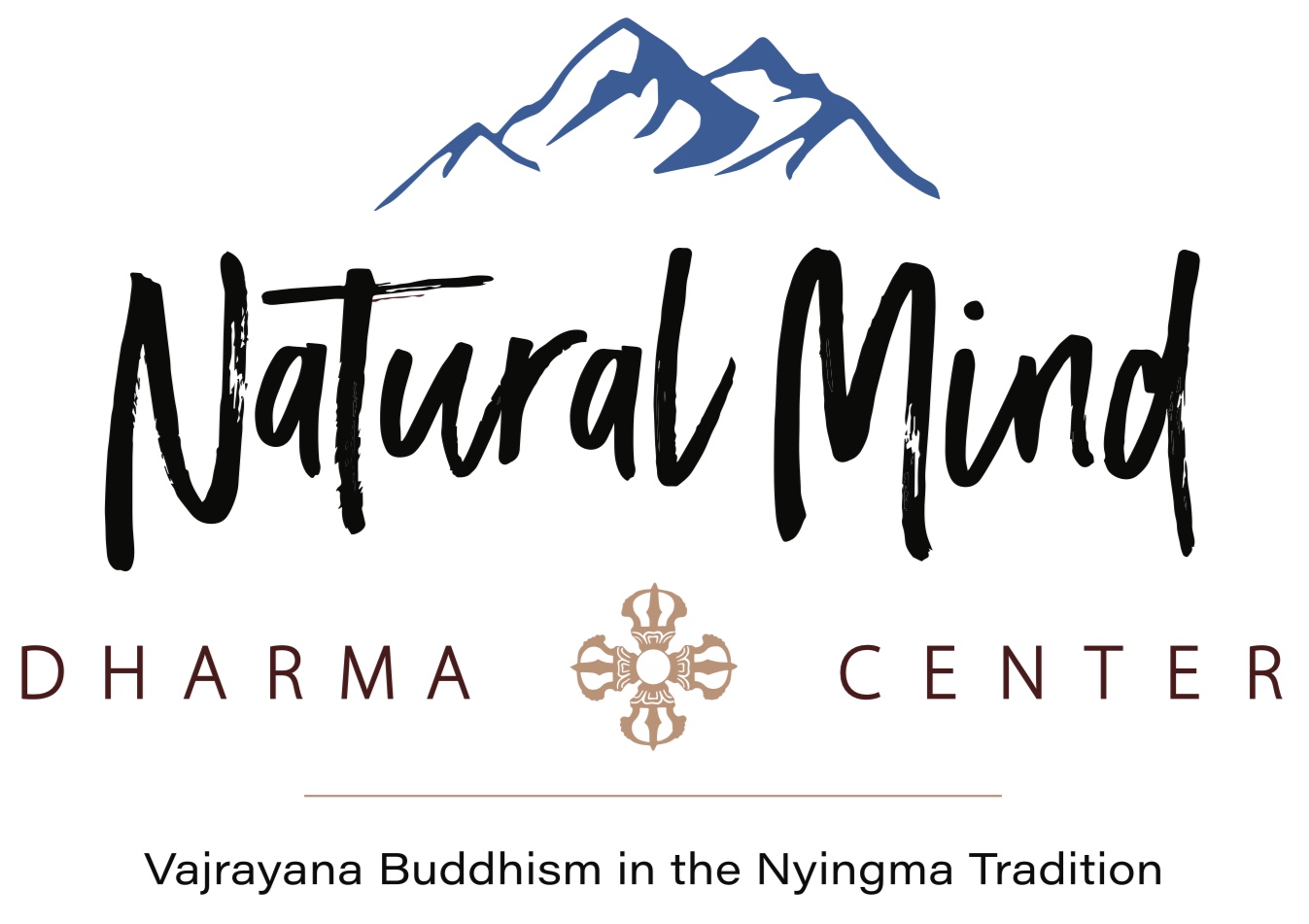Walking Our Ground
I remember one of my yoga mentors saying that walking is simply a controlled fall. As we step out, the forward leg keeps us from falling forward—so we continue in that way. What would happen if we fell? Maybe we would skin our knee or nose. Maybe we would learn to be more skillful. Either way we would get up and move forward, experiencing the wonders of life on many paths.
The simplicity of placing one foot in front of the other keeps us grounded and moving. This is a profound awareness. If we know where we are rooted, we can move anywhere fearlessly. I think many people today have lost their rootedness. Too much knowledge is available and they do not know where to land. They wander aimlessly, hoping to find a home.
Forty years ago, I spent time with a Hopi shaman who told me, “The problem with you is that you have no land.” I took his guidance symbolically. At that time in my life I was wandering about, exploring the world with no home base. I was moving forward without roots and it seemed like I was getting nowhere—even though I arrogantly assumed the opposite. But from the outside, people could see I was flaky.
When I discovered my spiritual landscape, my walking became more focused. Although I still wandered, my treks had more purpose. I wanted be of benefit to more lifeforms than my isolated self. This was not always understood by my family members, but over time they began to see I had discovered my roots—and I was able to support them when they fell.
Maybe this is the way of things: to discover our shared landscape and conduct guided tours, pointing out pitfalls along the way while offering a helping hand to the fallen. This is the purpose of ‘taking refuge’ in the Buddhist tradition. We recognize a homeland hidden in our longing—and fall flat on our faces (prostration). Then we pick ourselves up and move forward for the benefit of all beings.
